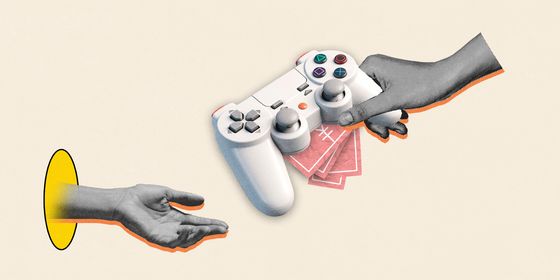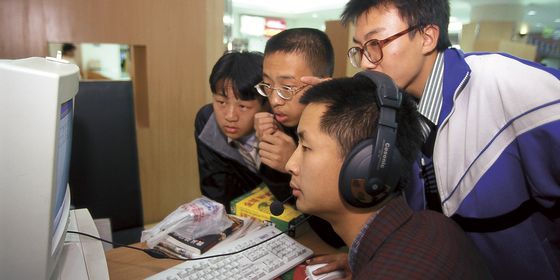Chinese bitcoin, who’s raking China’s gaming revenue, physicist in Nature magazine, and Beijing finally allows self-driving car tests
Each Thursday, The World of Chinese takes the most ground-breaking, impressive, or just plain weird technological advancements related to the Middle Kingdom and serves them in bite-sized chunks to keep you up-to-date on the latest news in the world of Chinese technology.
OneCoin is China’s baffling new crypto-currency
Chinese company Xunlei is mostly famous for its bit-torrenting software, which has helped people pirate films and TV shows for years. The company has been innovative at keeping their heads above water in case of IP crackdowns, though, with a rewards program based on blockchain technology, offering users the chance to get their hands on some OneCoin.
OneCoin is a pseudo-blockchain currency that can be used to get rewards via Xunlei, but the plan has steered the company into some political and financial turbulence, as OneCoin has begun to be traded as a currency. The question, now, is whether OneCoin’s trading represents a ICO (Initial Coin Offering) by stealth. There’s more info on the complicated situation here.
Tencent takes half China’s gaming revenue
As if the massive profits from ubiquitous messaging-and-everything app WeChat weren’t enough, Chinese internet giant Tencent is apparently making around half of all the gaming cash in China, with $9.6 billion. Their mobile game Honor of Kings rakes in a large amount, but PC titles like Crossfire also contribute hefty earnings.
Chinese physicist makes Nature’s Top 10
Nature magazine has listed its Top 10 scientists of 2017, and physicist and quantum-communication expert Pan Jianwei has made the cut.
Pan’s team has been looking at ways of harnessing quantum physics—what Einstein dubbed “spooky action at a distance”—to create secure communications technology. It’s the stuff of science fiction, but they have been making it a reality, working first on projects like the Qinghai lake experiment, to transmit data instantaneously over distances of several dozen kilometers, then later information via satellite.
Beijing belatedly allows self-driving car tests
In what will no doubt be welcome news to search giant Baidu, which once got into hot water for prematurely testing self-driving cars on Beijing roads, lawmakers have now passed laws to permit such tests. There are various requirements, of course: They can’t be tested during peak traffic hours, and there must be human drivers in the car too, in case something goes wrong. But what could possibly go wrong with AI?
Cover photo of Pan Jianwei from People.com.cn












